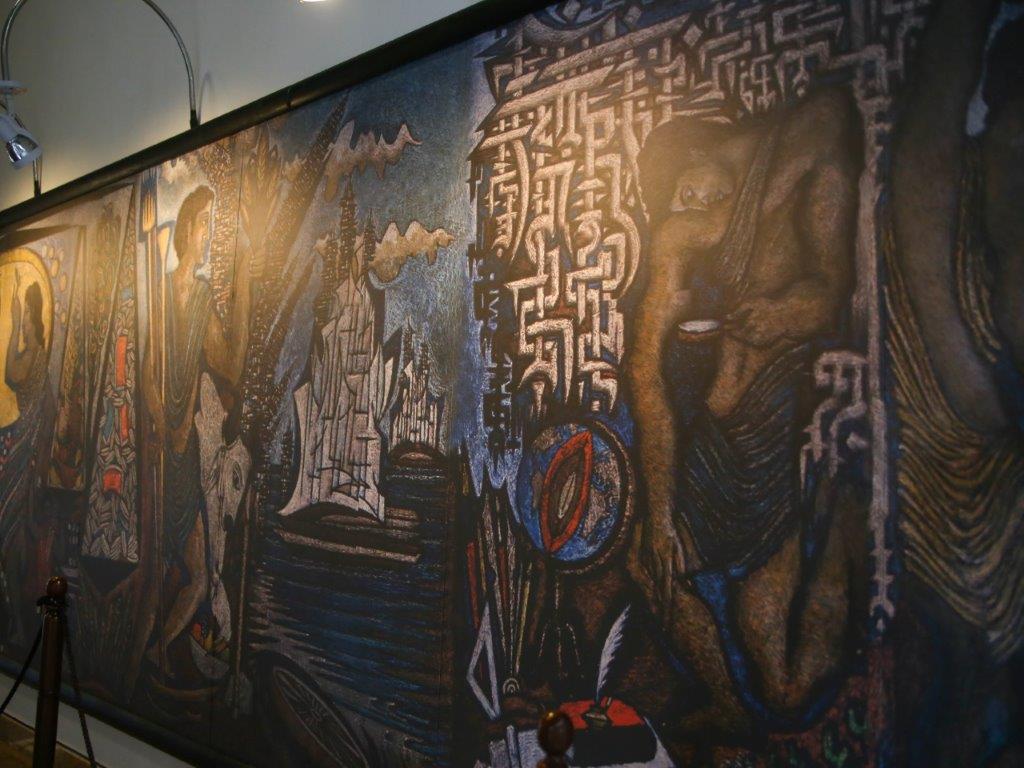International Commercial Banking Course

International Commercial Banking Course
The program is designed to provide participants an understanding of the banking and financial sector in light of the global financial environment and the regulatory framework. The key learning areas of the course include theoretical and practical knowledge of commercial banking operations. The program also covers contemporary issues and innovations in the commercial banking and financial sectors. Moreover, the course focuses on the role of money and foreign exchange markets, prudential regulation and banking sector oversight, documentation practices followed by banks, banking inspection and fraud prevention and risk mitigation.
Methodology
Issue based discussion by experts from the central, commercial banks and financial markets, and experience sharing by participants.
Target audience
The course is designed for middle level officers who have prior knowledge and experience of central banking functions. Language of instruction is English. All participants are required to have some basic functional knowledge of computer.
Fees and funding
Participation fee is US$ 5,500 per head which includes cost of boarding and lodging at NIBAF for the entire period of the course; tuition fee and cost of study materials, study tours/weekend trips; and airport transfers in Islamabad. However, applicants will have to arrange for their two-way ticket.
Funding for selected candidate would also be available. This would cover: two-way air ticket; boarding and lodging at NIBAF for the entire period of the course; tuition fee and cost of study material; study tours/ weekend trips; and airport transfers in Islamabad.
Only those persons would be considered for funding who would apply through their institutions. Furthermore, to ensure broad representation, NIBAF would entertain only 1-2 nominations from each country who will be eligible for funding.
How to apply
Once the course is announced, NIBAF would seek nominations from commercial banks and financial institutions through Pakistan embassy/high commission in respective developing countries.